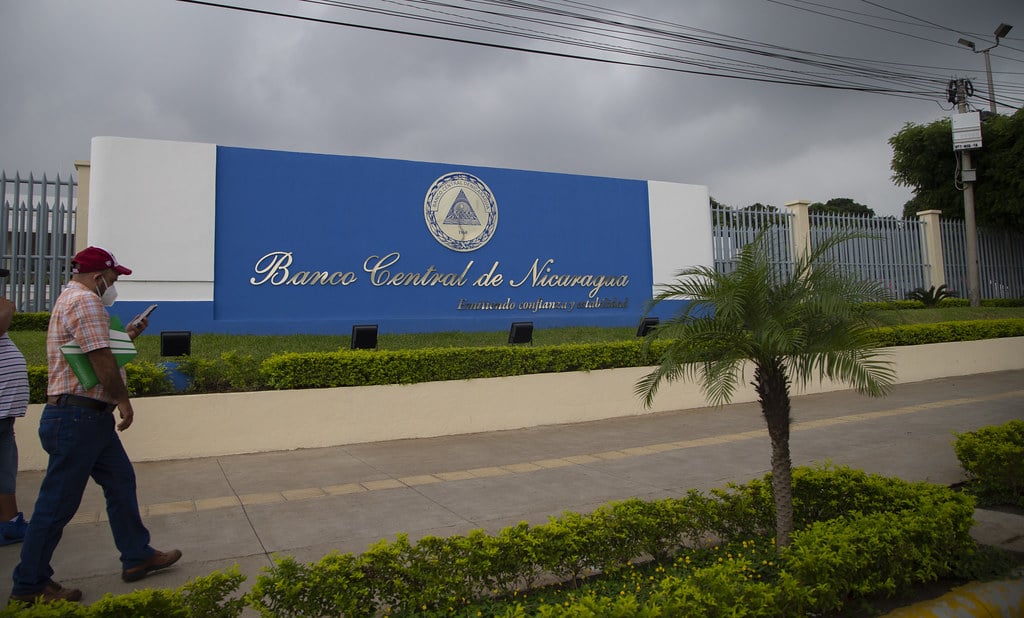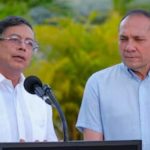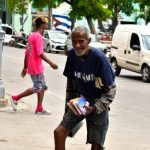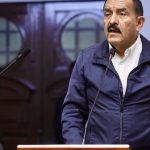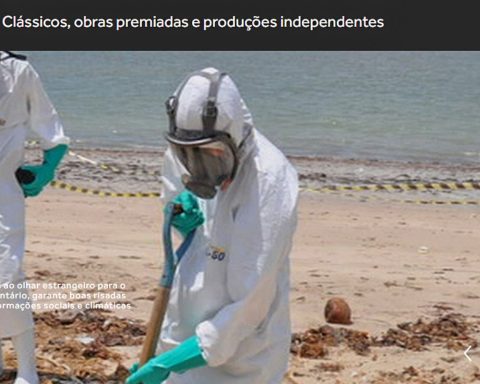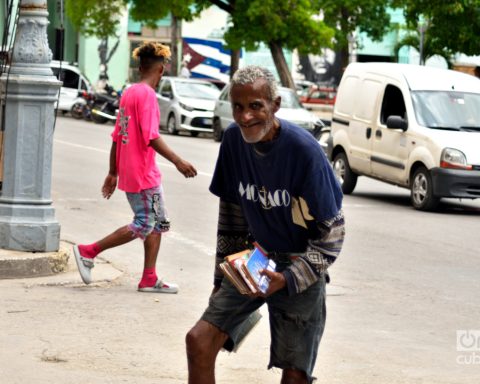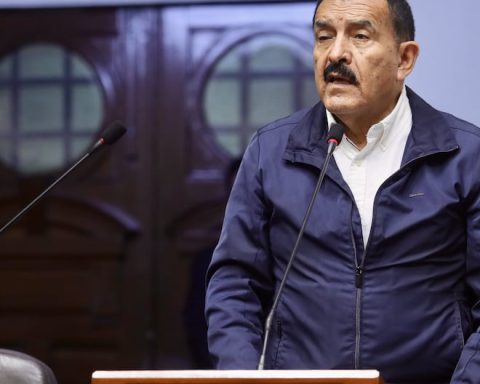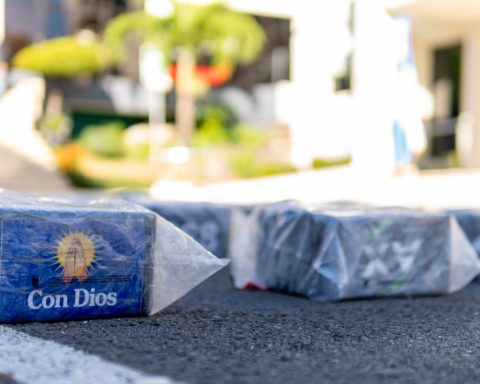Nicaragua’s external debt exceeded 14.3 billion dollars, pushing the country’s finances towards a severe problem of contraction of the General Budget of the Republic (PGR) and the increase in the prices of consumer goods and services. This scenario directly hits the pockets of citizens, in addition to limiting the nation’s indebtedness due to its limited payment capacity, economists warn.
The report on the country’s economic performance as of the third quarter of 2021, recently released by the Central Bank of Nicaragua (BCN), revealed that Nicaragua’s foreign debt, both public and private, reached $14.308 millionthe highest point in the 15 years that the regime of Daniel Ortega has held power in Nicaragua.
Of said amount, 7616 million dollars are public debt; referred to debts of the State with multilateral organizations, international banks or through bilateral agreements with other countries. Others 6691 million are part of the private debtwhich falls mainly on companies and banks operating in Nicaragua.
Impact on the General Budget of the Republic
The economist and former deputy Enrique Sáenz warns that the fact of reaching this amount of external debt is a sign of the erratic management of the country’s indebtedness by the regime of Daniel Ortega and Rosario Murillo, and that it will have an impact in the short and medium term. the country’s economy at all levels.
The economist underlines that in 2020, Nicaragua arranged for the payment of debt service $350 million, an amount that will probably increase in the country’s future budgets. This will further reduce the scope of the PGR to cover key expenses, which implies reducing economic benefits for State employees or resource allocations for key sectors such as education and health, among others.
Precisely, the debt service report reflected in the Central Bank report reveals that in the third quarter of 2021, a little more than 80 million dollars of the nation’s resources were made available to repay the foreign debt.
“In the short term, the impact is that by increasing the service (payment) of the debt, the margins of the budget are narrowed, because the payment of the public debt, after all, comes out of the General Budget of the Republic. This impact is also projected in the long term, given that the amount of the debt service payment will grow year after year. The other consequence is that the country’s borrowing capacity is also limited, since official and private international lenders measure the country’s payment capacity”, he explains.
“We must add that by increasing the debt in relation to some indicators such as the Gross Domestic Product, exports, country risk, in which the political situation has a lot to do, credits become more expensive. Higher interest rates are paid, which ultimately affects companies and families,” adds Sáenz.
The higher the debt, the more expensive goods and services
The impact on indicators such as those mentioned by the economist directly affect the living conditions and purchasing power of consumers, in addition to making Nicaraguan companies less competitive. This is because the prices of the goods and services that citizens acquire increase due to the fact that the sectors that provide them, mainly the private sector, have to pay higher interest rates for the loans they acquire abroad.
A report of CONFIDENTIAL published on January 22, 2022 He detailed that in December 2021, To acquire the 24 foods included in the basic basket, Nicaraguans had to pay an additional 981 córdobas compared to the price that the food in the family basket had in January 2021, after sustained growth throughout the year.
Only the cost of the food products of the basic basket (calculated by the authorities with respect to the monthly purchase) exceeds 11,096.45 cordobas. In January 2021, cost 10,115.63, according to data from the National Institute of Information and Development (Inide). Products for household use and clothing, which are also included in the price of the basic basket, also maintained an upward trend. In total, the basic basket cost 16,255 córdobas at the end of last year, more than 1,300 córdobas more than the amount estimated in January
Nicaragua’s borrowing process has accelerated in recent years, both in internal debt and in external debt. When Ortega assumed power in 2007, the foreign debt inherited by the previous government presided over by Enrique Bolanos it was of $3.4 billionaccording to the historical reports of the Central Bank.
Sterile debt and no benefits for the country
“The biggest problem here is that it has been a sterile debt. It has been like water in the hands. There has been no investment in generating conditions that ensure payment without punishing the country’s progress efforts. Neither did the technological level of the productive apparatus improve, nor did it improve the quality and coverage of education, nor productivity. After 15 years with Ortega in power, Nicaragua continues to be a pastoral, livestock and mainly coffee-picking economy, with the aggravating factor now of the impoverishing enclave of mining exploitations,” stressed Sáenz.
The economist highlighted that Ortega’s voracious borrowing capacity is a style of managing the country’s finances that has dragged on since he governed Nicaragua in the 1980s. When Ortega handed over the country to Violeta Barrios of Chamorroafter being defeated at the polls in the 1990 elections, Nicaragua carried an external debt of $11 billion.
“The central difference is that in the 1980s they suffered from the ravages of war and the disruption caused by the trade and financial embargo. The current indebtedness is with full normality of international commercial and financial relations, and in internal peace, “said Sáenz.
